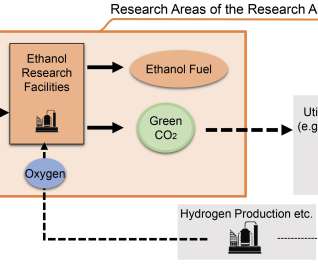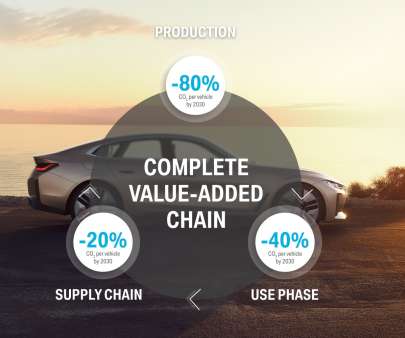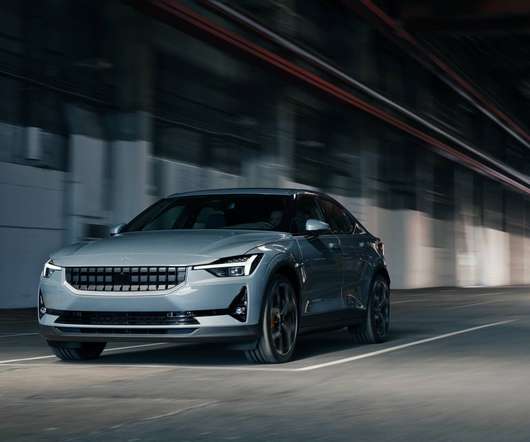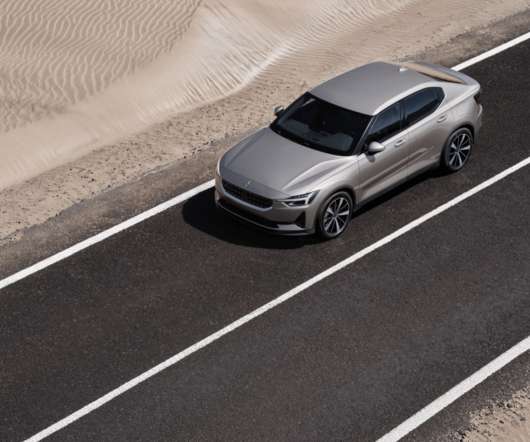Six Japan-based companies establish Research Association of Biomass Innovation for Next Generation Automobile Fuels
Green Car Congress
JULY 20, 2022
Toyota Motor Corporation , and Toyota Tsusho Corporation established the Research Association of Biomass Innovation for Next Generation Automobile Fuels (Research Association) to study ways to optimize the process of producing fuel. ENEOS Corporation, Suzuki Motor Corporation, Subaru Corporation, Daihatsu Motor Co.



























Let's personalize your content